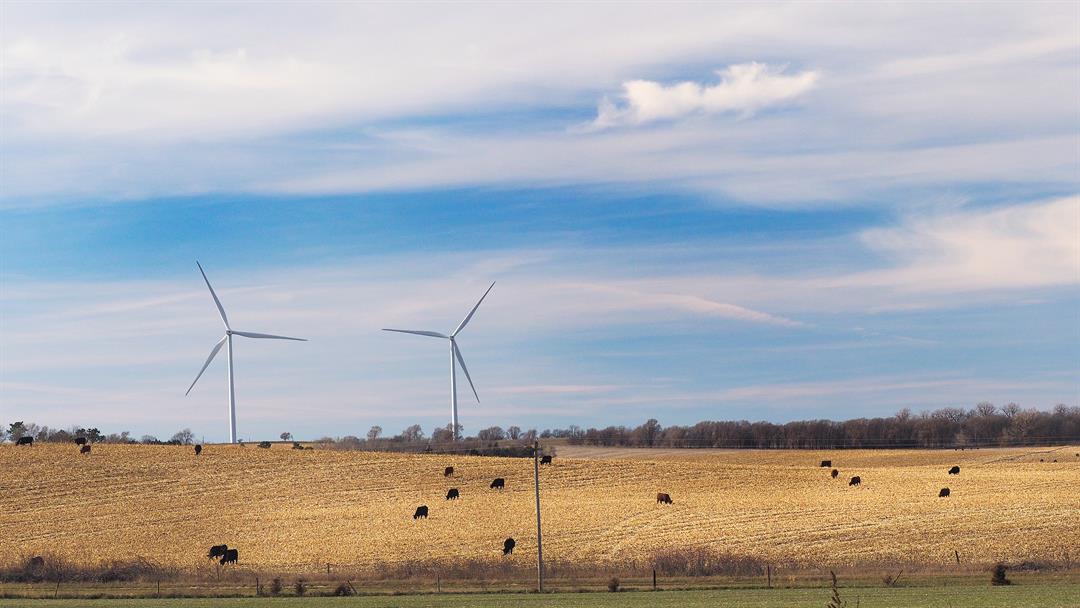Nebraska's Energy System at a Crossroads: Balancing Growth with Supply
Key Ideas
- Nebraska faces a critical energy turning point with rapidly increasing electricity demand driven by industries like cloud computing, AI, ethanol, and hydrogen production.
- Obstacles include delays in connecting new projects to the grid due to lengthy interconnection queues, despite the state's high renewable energy potential.
- Major utilities are transitioning towards net-zero carbon emissions by 2040-2050, aiming to increase capacity through wind, solar, storage, and gas.
- Policy recommendations include public education, streamlined permitting for renewables, and flexible rate schedules to attract large customers and support infrastructure growth.
Nebraska's energy system is at a critical crossroads, facing a surge in electricity demand driven by industries like cloud computing, artificial intelligence, ethanol, and hydrogen production. The state, known for its affordable and reliable energy, is experiencing challenges in keeping up with the growing demand, with industrial users already consuming a significant portion of the total energy. The report highlights obstacles such as the lengthy interconnection queues in the Southwest Power Pool and local opposition hindering renewable energy projects.
Despite these challenges, Nebraska's major utilities are proactively working towards transitioning to net-zero carbon emissions by 2040-2050 through the addition of new generation capacity in wind, solar, storage, and gas. The state's energy affordability, a key strength, is supported by public power governance and efficient infrastructure, but substantial investment and coordination are necessary to maintain this status.
The report recommends strategies like public education, streamlined permitting processes, and flexible rate schedules to support energy infrastructure development. The goal is to foster an 'all-of-the-above' energy strategy and garner public support for sustainable energy initiatives. The Nebraska Chamber Foundation emphasizes the need for coordinated action to address the increasing demand and keep pace with industries eyeing the state for expansion, ensuring a sustainable and reliable energy supply for economic growth.
Topics
Production
Renewable Energy
Economic Development
Electricity Demand
Energy System
Policy Recommendations
Utility Action
Latest News
